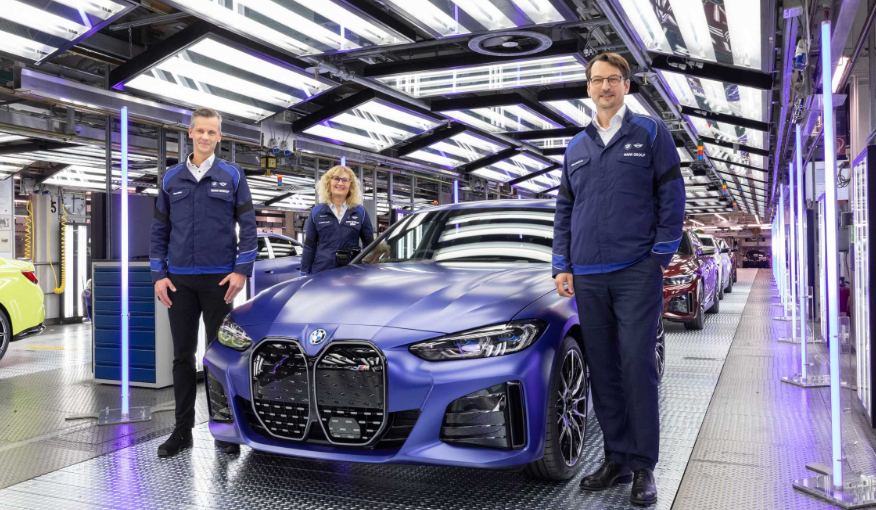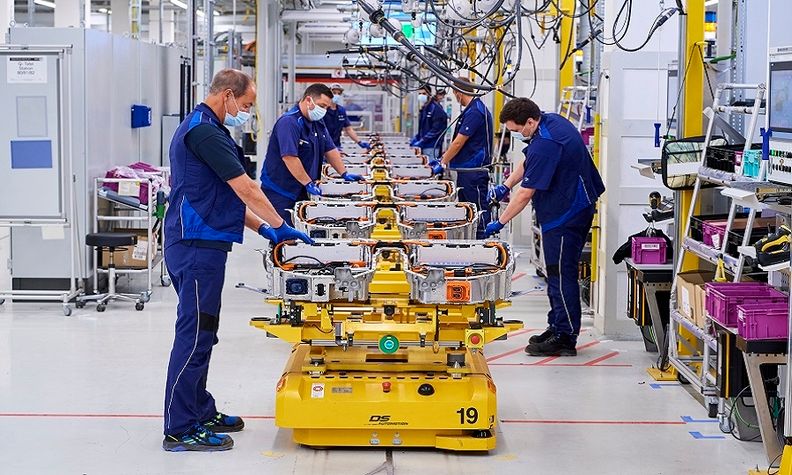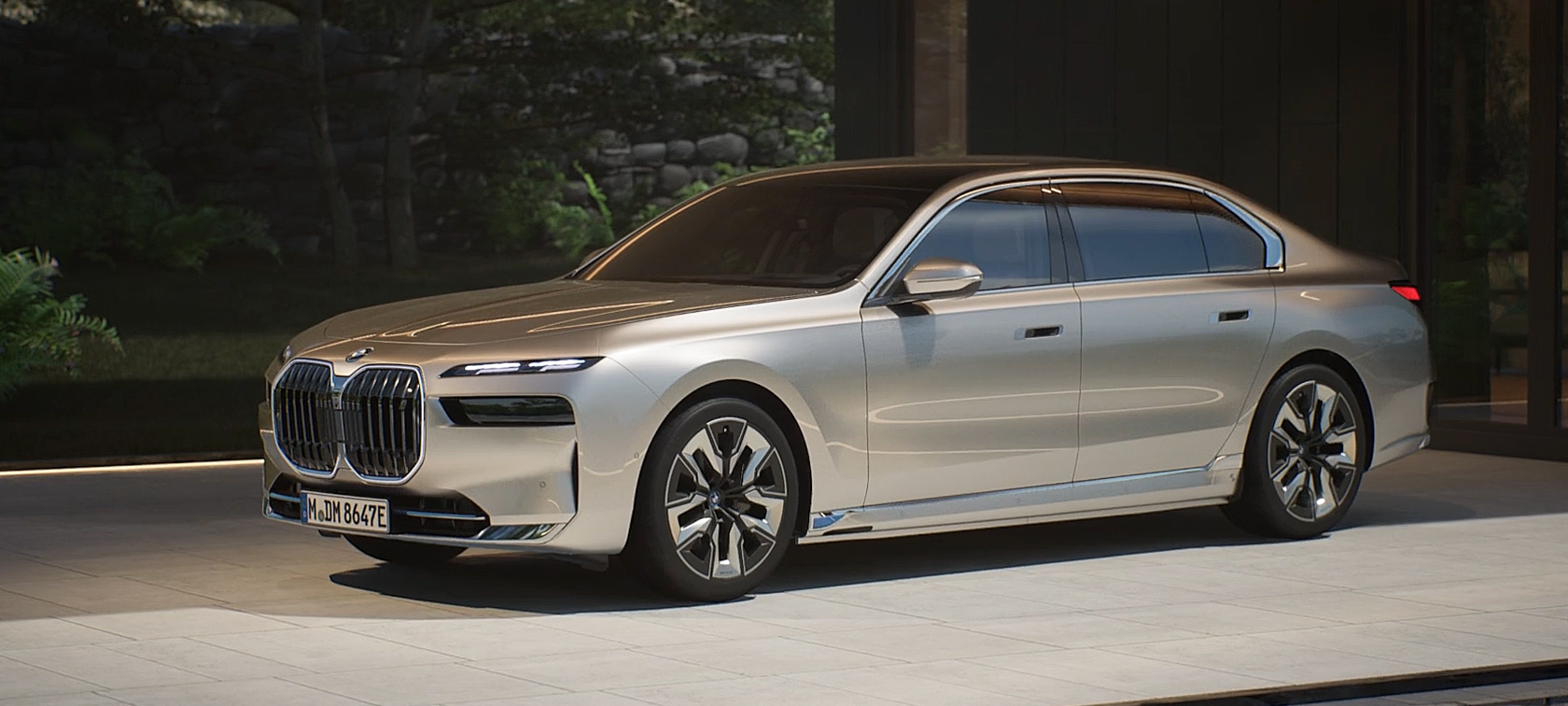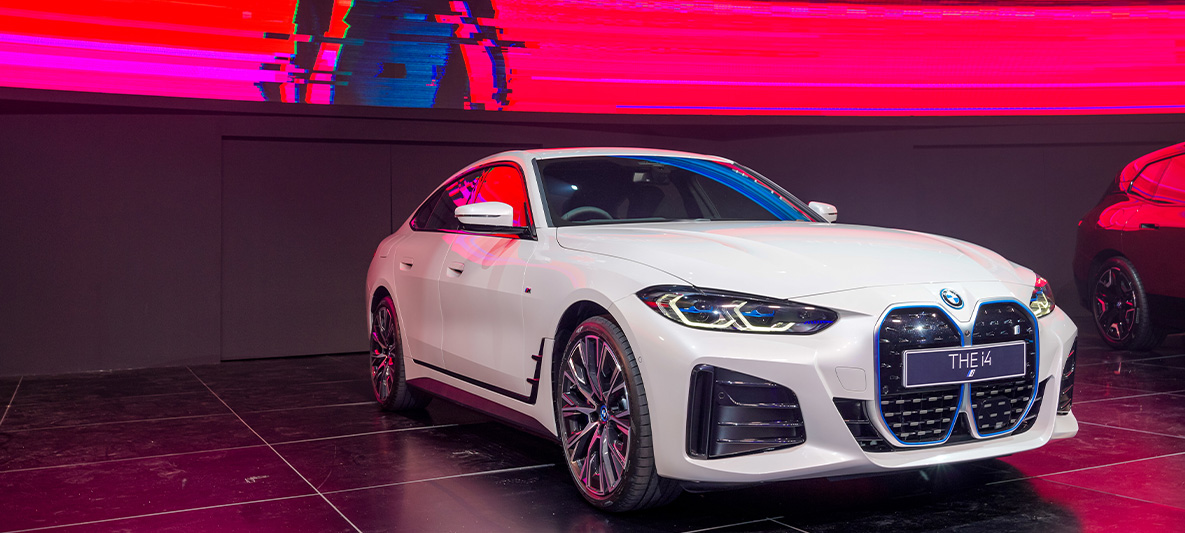BMW Has Ceased Production Of Petrol-Powered Engines... In Germany At Least
At least we will still receive the petrol-powered M cars.
BMW announced the end of the internal combustion engine (ICE) era in their Germany chapter
The German car manufacturer BMW has officially concluded the production of ICE, at least within its home country.
The primary Bavarian plant will undergo a transformation to exclusively produce electric vehicles (EVs).
The ICE production effort will be shifted to their production plants in Austria and the United Kingdom
Carscoops reported that the 1,200 personnel engaged in ICE assembly in Munich are set to undergo retraining and will be transferred to different roles. This could involve working on EVs at the Munich facility or other locations.
According to reports from German news outlet BR, the BMW Steyr plant in Grez, Austria, is anticipated to become the primary site for V8 engine production. Meanwhile, the Hams Hall factory in England, located outside Birmingham, will handle the majority of other combustion engine manufacturing.
BMW has yet to find a firm date for when it intends to cease the production of petrol and diesel vehicles
The German marque remains sceptical towards shifting its entire fleet to EVs. BMW believes that EVs and ICE-powered vehicles can coexist, with attention and investment being channelled into both types of vehicles.
The Munich plant has been producing petrol-powered vehicles for over 60 years since its inception in 1922.
Some of the electric BMWs have been built in the Munich plant since 2021
The electric BMW i4 has been manufactured in Munich since October 2021, and there are indications that the Neue Klasse will also be produced there starting in 2026.
Other models, including the iX, i7, and the next-generation i5, are assembled in Dingolfing, while the iX1 and iX2 electric SUVs are assembled in Regensburg.
Significant investments are being made in the e-mobility sector, including the construction of a battery test centre at the BMW site in Wackersdorf, which will test high-voltage batteries and other electric drive components. Additionally, plans are in progress to build an extra battery factory in the vicinity.



